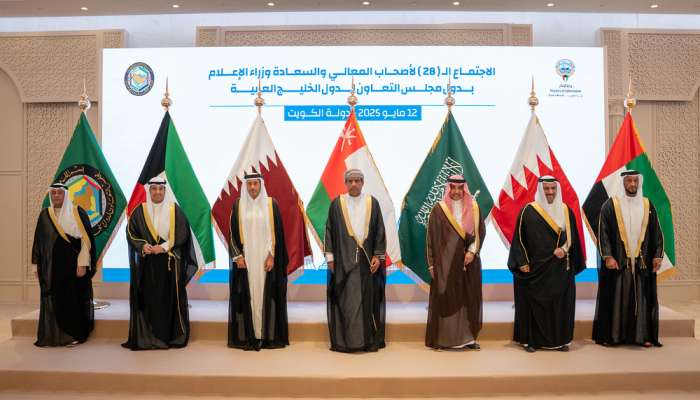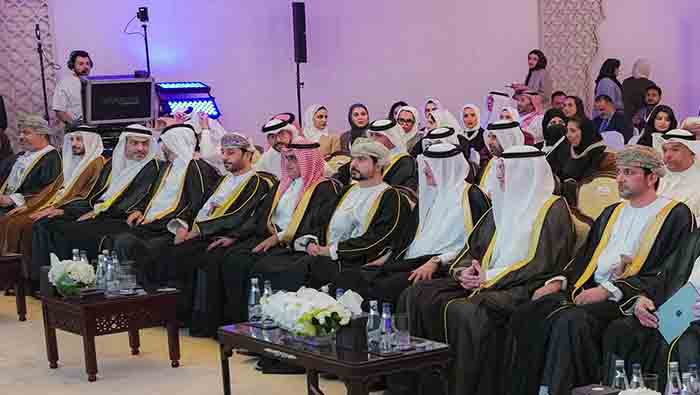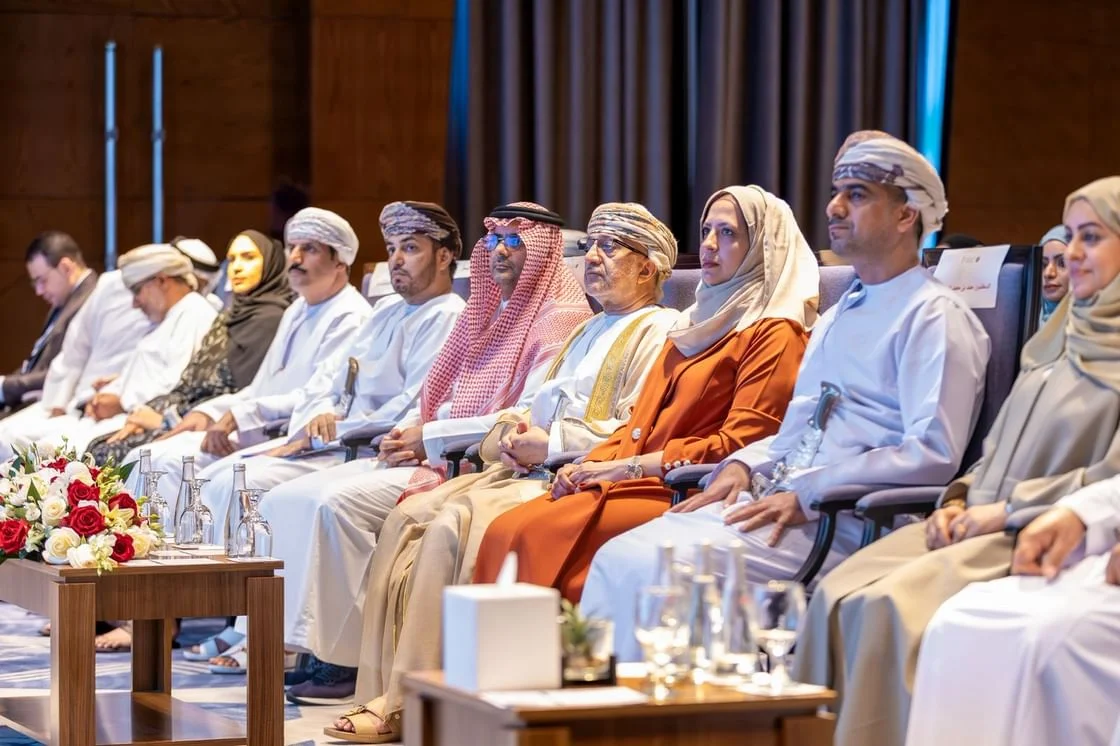Strengthening Shared Vision in Kuwait
The State of Kuwait recently played host to a significant high-level meeting of ministers from the Gulf Cooperation Council (GCC) focused on commerce and industry. Among the distinguished participants was the delegation from the Sultanate of Oman, led by Qais bin Mohammed Al Yousef, Minister of Commerce, Industry and Investment Promotion.
This gathering brought together not only ministers but also under-secretaries, chamber of commerce heads, industry federations, and economic institution representatives from across the Gulf region. The mood was one of optimism and shared purpose.
The core objective was to deepen economic and industrial integration, create more seamless movement of goods and services, bolster entrepreneurship especially for small and medium enterprises (SMEs)and chart joint investment pathways across Gulf states.
Oman’s Strategic Commitment to Regional Growth
For Oman, participation in these meetings signals both ambition and clarity of purpose. Minister Al Yousef emphasised that such forums act as crucial platforms for advancing a unified Gulf economic agenda — one that supports diversification of national revenues, boosts industrial competitiveness, and cultivates a more dynamic private sector.
In line with this, Oman’s focus on SMEs and entrepreneurship features strongly. By empowering smaller businesses and nurturing local talent, the Sultanate aims to position itself not simply as a beneficiary of Gulf integration, but as a hub of innovative value-creation.
Moreover, Oman highlighted industrial localisation that is, building domestic manufacturing, processing, and supply-chain capabilities as a strategic lever for collective industrial security among Gulf states.
Key Focus Areas and Initiatives
Entrepreneurship and SMEs
The meeting featured a dedicated “Gulf Entrepreneurship Forum” where sessions explored the challenges and growth opportunities for SMEs across the region. Focus areas included strategies for entrepreneurial empowerment, government support mechanisms, and ways to facilitate market access in Gulf economies.
Workshops also delved into presenting business ideas to investors and leveraging artificial intelligence for business expansion signalling a push toward innovation and digital readiness in the Gulf’s SME ecosystem.
Industrial Localisation and Integration
A major thrust of the discussions lay in industrial development and localisation. Oman’s delegation presented case-studies and national initiatives across sectors including food processing, pharmaceuticals, mineral development, and technology innovation underlining how domestic value-creation feeds regional competitiveness.
The launch of the “Gulf Industrial Platform” marked a step forward: this is a collaborative initiative designed to enhance industrial integration among member states, support data and service exchange, and accelerate joint manufacturing ventures.

Trade Movement and Standardisation
On the commercial side, the meeting addressed movement of goods and services, intra-GCC trade facilitation, harmonised product standards, and improved quality assurance. These efforts are expected to remove trade barriers and increase trust across regional markets.
The tenth Ministerial Committee for Standardisation Affairs committed to establishing unified Gulf standards for industrial and commercial products, aligning them with international benchmarks to strengthen export competitiveness and intra-regional trade flows.
Why This Matters for Oman and the Region
Regional economic integration offers Oman and the GCC more than just improved trade statistics: it opens the door to shared growth, resilience, and diversification. When goods, services, and investment flow more freely across borders, economies become less siloed and more dynamic.
For Oman specifically, the drive towards industrial localisation supports the national agenda of reducing dependency on fossil revenues, fostering manufacturing sophistication, and engaging broader segments of its population and private sector.
Greater SME support and entrepreneurship culture means more jobs, more innovation, and a broader base of economic activity. This is vital for sustainability and for retaining talent.
Harmonised standards and streamlined trade processes reduce costs, attract investment, and strengthen global competitiveness. For Oman, as for other GCC states, this means better access to international markets and improved value chains.

A Human-Centred Perspective
Behind the policy language and committee titles lie real lives and personal stories entrepreneurs in Oman now gain a wider Gulf-market horizon; factory workers in Oman, Saudi, UAE, or Kuwait may soon find joint ventures strengthening their livelihoods; young innovators may tap regional platforms to scale ideas.
When Minister Al Yousef speaks of the importance of entrepreneurial ecosystems, he is talking about the 24-year-old tech startup in Muscat, the family-run SME in Salalah, the young woman inventor in Sohar — each benefiting from a more inclusive, integrated Gulf economy.
Boosting trade and industry is not just about national balance sheets but about sustainable employment, improved standards of living, cross-border friendships, and shared prosperity.
Challenges and the Path Ahead
Ambitions of integration don’t automatically translate into outcomes. Harmonising regulations, aligning standards, navigating national interests, and ensuring SMEs are genuinely supported all require sustained effort.
For Oman and its Gulf partners, the path ahead includes following through on commitments, ensuring inclusive participation (especially of smaller firms), building digital infrastructure, and investing in human capital so that localisation is meaningful and innovative.
Tracking and measuring results will also be important how many joint manufacturing projects launch? How many SMEs scale across borders? How much does intra-GCC trade grow? These metrics will determine whether today’s promise becomes tomorrow’s transformation.
Conclusion: Towards a Shared Gulf Prosperity
The recent meetings in Kuwait mark a vivid reaffirmation of Gulf states’ commitment to work together not just as neighbours but as co-builders of a shared economic future. Oman, by its active participation, signals it is ready to play its part in this endeavour.
As integration deepens, the benefits will be felt in boardrooms and workshops, in factories and startups, across borders. For Oman, this isn’t simply about trade deals it’s about forging a resilient, diversified, and inclusive economy that offers opportunity to many.
The vision is powerful. The steps are underway. What remains is follow-through with energy, patience, and unity. For Oman and the GCC, the best days of regional cooperation may well be just ahead.
Do follow Gulf Magazine on Instagram.
Also Read – Oman Powers Ahead with First Biodiesel Station in Duqm



